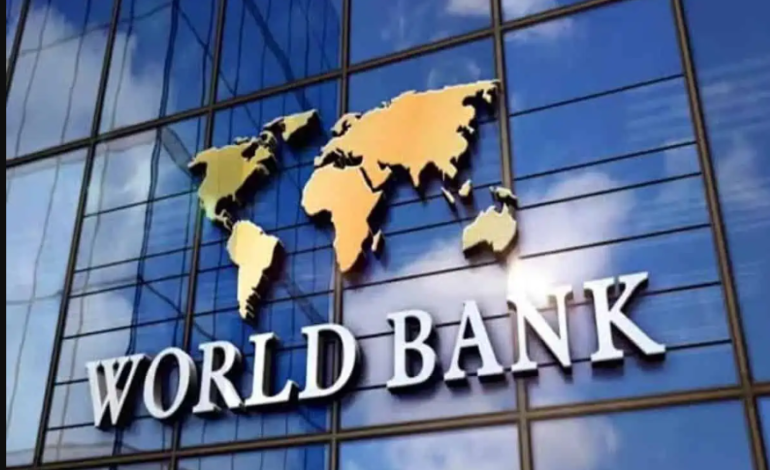
World Bank Approves $257.8 Million Financing to Improve Water Supply Services in Lebanon
The World Bank has approved $257.8 million in financing to enhance water supply services in Greater Beirut and Mount Lebanon.
According to a statement from the World Bank, the Second Greater Beirut Water Supply Project will fund the completion of bulk water infrastructure initiated under a previous project. It will also repair water infrastructure that may have been damaged by conflict, Xinhua news agency reported.
The project aims to expand water supply coverage for 1.8 million residents in the Greater Beirut and Mount Lebanon area. It is expected to significantly reduce reliance on private water tankers, which are up to 10 times more expensive. The new infrastructure investment will increase the availability of surface water, meeting an average of 70 percent of demand during the dry season, compared to the current 24 percent.
Jean-Christophe Carret, the World Bank’s country director for the Middle East Department, emphasized the importance of this initiative. “The Second Greater Beirut Water Supply Project reflects the World Bank’s continued commitment to support Lebanon’s long-term development needs, despite the recent conflict and recurrent crises,” he said.
Despite having one of the highest precipitation levels in the region, Lebanon faces water shortages due to the seasonal concentration of rainfall and insufficient surface water storage. The World Bank statement also warned that climate change could halve the availability of dry-season water by 2040, further exacerbating floods and droughts.
Earlier, Carret expressed the World Bank’s intention to collaborate with the Lebanese government on reconstruction efforts during a meeting with Lebanese Parliament Speaker Nabih Berri. Their discussions covered reconstruction projects, including debris removal, infrastructure rebuilding, and the rehabilitation of industrial and agricultural facilities.
Berri commended the World Bank’s readiness to support Lebanon in rebuilding after the recent conflict. He stressed the importance of including land reclamation and loans for farmers, industrialists, and small business owners in the reconstruction plan, with a goal to achieve results by the end of this year.
The World Bank estimates the physical damages and economic losses from the Hezbollah-Israel conflict in Lebanon at $8.5 billion.